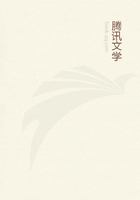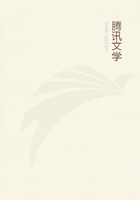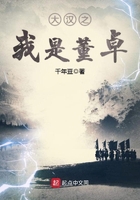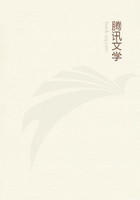A thousand years ago the whole of Northern Russia was peopled by Finnish pagan tribes, and at the present day the greater part of it is occupied by peasants who speak the language of Moscow, profess the Orthodox faith, present in their physiognomy no striking peculiarities, and appear to the superficial observer pure Russians. And we have no reason to suppose that the former inhabitants were expelled or exterminated, or that they gradually died out from contact with the civilisation and vices of a higher race. History records no wholesale Finnish migrations like that of the Kalmyks, and no war of extermination; and statistics prove that among the remnants of those primitive races the population increases as rapidly as among the Russian peasantry. From these facts I concluded that the Finnish aborigines had been simply absorbed, or rather, were being absorbed, by the Slavonic intruders.
This latter statement is made on the authority of Popoff ("Zyryanye i zyryanski krai," Moscow, 1874) and Tcheremshanski ("Opisanie Orenburgskoi Gubernii," Ufa, 1859).
This conclusion has since been confirmed by observation. During my wanderings in these northern provinces I have found villages in every stage of Russification. In one, everything seemed thoroughly Finnish: the inhabitants had a reddish-olive skin, very high cheek-
bones, obliquely set eyes, and a peculiar costume; none of the women, and very few of the men, could understand Russian, and any Russian who visited the place was regarded as a foreigner. In a second, there were already some Russian inhabitants; the others had lost something of their pure Finnish type, many of the men had discarded the old costume and spoke Russian fluently, and a Russian visitor was no longer shunned. In a third, the Finnish type was still further weakened: all the men spoke Russian, and nearly all the women understood it; the old male costume had entirely disappeared, and the old female costume was rapidly following it;
while intermarriage with the Russian population was no longer rare.
In a fourth, intermarriage had almost completely done its work, and the old Finnish element could be detected merely in certain peculiarities of physiognomy and pronunciation.*
One of the most common peculiarities of pronunciation is the substitution of the sound of ts for that of tch, which I found almost universal over a large area.
The process of Russification may be likewise observed in the manner of building the houses and in the methods of farming, which show plainly that the Finnish races did not obtain rudimentary civilisation from the Slavs. Whence, then, was it derived? Was it obtained from some other race, or is it indigenous? These are questions which I have no means of answering.
A Positivist poet--or if that be a contradiction in terms, let us say a Positivist who wrote verses--once composed an appeal to the fair sex, beginning with the words:
"Pourquoi, O femmes, restez-vous en arriere?"
The question might have been addressed to the women in these Finnish villages. Like their sisters in France, they are much more conservative than the men, and oppose much more stubbornly the Russian influence. On the other hand, like women in general, when they do begin to change, they change more rapidly. This is seen especially in the matter of costume. The men adopt the Russian costume very gradually; the women adopt it at once. As soon as a single woman gets a gaudy Russian dress, every other woman in the village feels envious and impatient till she has done likewise. I
remember once visiting a Mordva village when this critical point had been reached, and a very characteristic incident occurred. In the preceding villages through which I had passed I had tried in vain to buy a female costume, and I again made the attempt. This time the result was very different. A few minutes after I had expressed my wish to purchase a costume, the house in which I was sitting was besieged by a great crowd of women, holding in their hands articles of wearing apparel. In order to make a selection I
went out into the crowd, but the desire to find a purchaser was so general and so ardent that I was regularly mobbed. The women, shouting "Kupi! kupi!" ("Buy! buy!"), and struggling with each other to get near me, were so importunate that I had at last to take refuge in the house, to prevent my own costume from being torn to shreds. But even there I was not safe, for the women followed at my heels, and a considerable amount of good-natured violence had to be employed to expel the intruders.
It is especially interesting to observe the transformation of nationality in the sphere of religious conceptions. The Finns remained pagans long after the Russians had become Christians, but at the present time the whole population, from the eastern boundary of Finland proper to the Ural Mountains, are officially described as members of the Greek Orthodox Church. The manner in which this change of religion was effected is well worthy of attention.
The old religion of the Finnish tribes, if we may judge from the fragments which still remain, had, like the people themselves, a thoroughly practical, prosaic character. Their theology consisted not of abstract dogmas, but merely of simple prescriptions for the ensuring of material welfare. Even at the present day, in the districts not completely Russified, their prayers are plain, unadorned requests for a good harvest, plenty of cattle, and the like, and are expressed in a tone of childlike familiarity that sounds strange in our ears. They make no attempt to veil their desires with mystic solemnity, but ask, in simple, straightforward fashion, that God should make the barley ripen and the cow calve successfully, that He should prevent their horses from being stolen, and that he should help them to gain money to pay their taxes.

